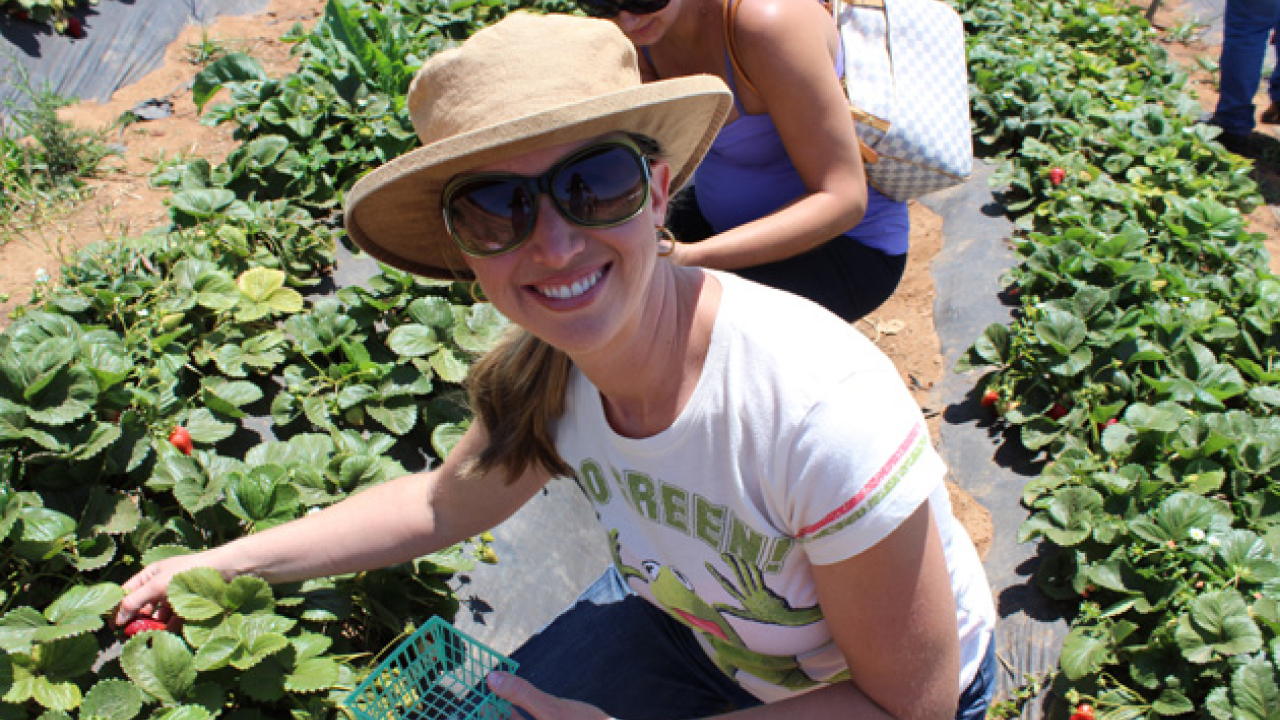
I am a huge fan of CSAs. They satisfy my principles, my health, and my schedule. Community Supported Agriculture, or CSAs, unites many of the good things about greener living. Although individual programs vary in specifics, a CSA is a program in which individuals purchase subscriptions for the products of local farms and ranches. I am part of a vegetable CSA and a grassfed beef CSA.
Top Ten Benefits of CSAs:
- I don’t have to think about what to buy each week or month.
- My food is fresh, with less nutrient attrition through travel.
- My food has less of a carbon footprint.
- My food is organic. (Although not all CSAs are organic.)
- My food is less expensive than from stores or even Farmer’s Markets.
- I know the growers personally.
- I am supporting and encouraging local, sustainable, organic agriculture.
- My family eats more vegetables and more variety of vegetables.
- Farmers grow a greater variety of produce because it is pre-sold.
- It saves me a whole lot of time!
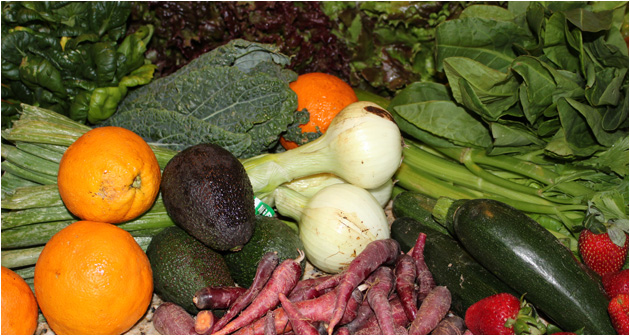
Trouble Shooting
I know many of the complaints against CSAs. I’ve said most of them myself.
#1 I don’t even recognize some of these vegetables and I’ve never heard of these cuts of meat.
That’s the fun of it: trying new things. Kohlrabi? Purple carrots? Skirt steak? That’s what cookbooks are for – online or paper. You may need to learn new techniques in slow cooking or marinating, but there’s a whole world of possibilities! The next problem you’ll have is that your food at home will be so excellent, going to a restaurant will be a disappointment!
#2 What am I supposed to do with all those leafy greens?
Eat them. They are the most nutrient dense food you could put in your body. This one stumped me for a while. I cancelled my CSA at one point because of them. But then I learned new recipes and not to underestimate what my family will eat. Kale chips! Soups! Green smoothies! (My 9 year old, and I kid you not, said one morning, “I feel sorry for all my classmates who aren’t having this green smoothie for breakfast.” Otherwise, he’s fairly normal.)
#3 I don’t have a large enough freezer.
CSAs – my grassfed beef one included – offer very reasonably sized packages that are just enough for a month. You don’t need a deep freezer for that.
#4 We’ll never eat all that. That would mean eating only vegetables for some meals, even breakfast.
Yes. Yes, it does. That’s rather the idea. For breakfast, sauteed spinach and scrambled eggs. Green smoothies. Snacks of carrot sticks and hummus, celery sticks and peanut butter, zucchini and guacamole. Lunch of salads. Stirfrys for dinner. Are you getting the idea that fitting this many vegetables into your diet means kicking out less nutritious things?
#5 I’m not a vegetarian, but I don’t eat beef. It makes me feel bad.
Let me tell you, I was right there with you. I had gone for years not eating beef because I felt blechy when I did. But the difference between conventional beef and grassfed beef cannot be exaggerated. They are simply not the same food. The nutritional content of grassfed beef is right up there with salmon – high in the good cholesterol, low in the bag. High in the omega-3’s, low in the omega-6’s – the right ratio. And lower in fat in general than conventional.
#6 I want to be in control. I don’t like the idea of not getting to choose what’s in my box.
I’ll try to keep this one short, but this complaint underlies every problem with the food industry in America. We want our watermelon in December. We don’t want insects to touch our food. And we have our basic set of vegetables and cuts of beef we eat and that’s all we want. Here’s the problem: Nutritionally, a narrow range of veggies means a narrow range of nutrients. And what are ranchers supposed to do with the rest of the cow?Logistically, the only way to get watermelon in December in America is if either heroic measures (medically speaking) were taken to grow it or it came from the southern hemisphere. And entomologically, do you know the price we pay for bug-less food? The only way to keep an insect from touching our food is to drench it with pesticides (or genetically insert them) and the only reason we aren’t killed (at first) by the pesticides is because we’re bigger. Don’t get me wrong, I don’t love the bugs either. I haven’t quite embraced the idea that they’re just a little added protein. However, put me in front of me a bottle of pesticide and ask me to drink it versus a bunch of lettuce that just needs to be washed, and which one do you think I’m going to choose?
CSAs mean revisiting that very important preschool snack time lesson: You get what you get and you don’t throw a fit.
I highly recommend my two CSAs, JR Organics and J&J Grassfed Beef. I love the fact that I know my farmers. Joe grows the produce. Jay raises the beef. (They don’t know each other, I don’t think.) I’ve traipsed all over the veggie farm, and had the rancher over to my house for a Q&A. It makes me excited about my food. I appreciate it so much more, knowing that the hard work of people I respect has gone into this food. I’m not going to eat it mindlessly.
Obviously my CSAs can be your CSAs only if you happen to live in Southern California. However, CSAs exist all over the country. Another great resource for finding stuff in your area is Local Harvest. In harsher winter climates, CSAs may only run in the warmer months. Some CSAs aren’t very big or specialize in certain crops, so check it out before you sign up. Share recommendations in the Comments section below for what is good in your area. Also, if you’re stumped by something you’ve received in a CSA, share it, and I’ll see if I can help!
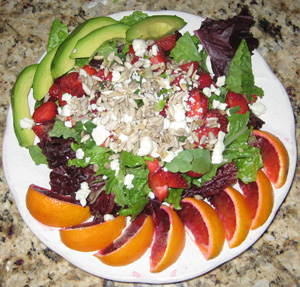

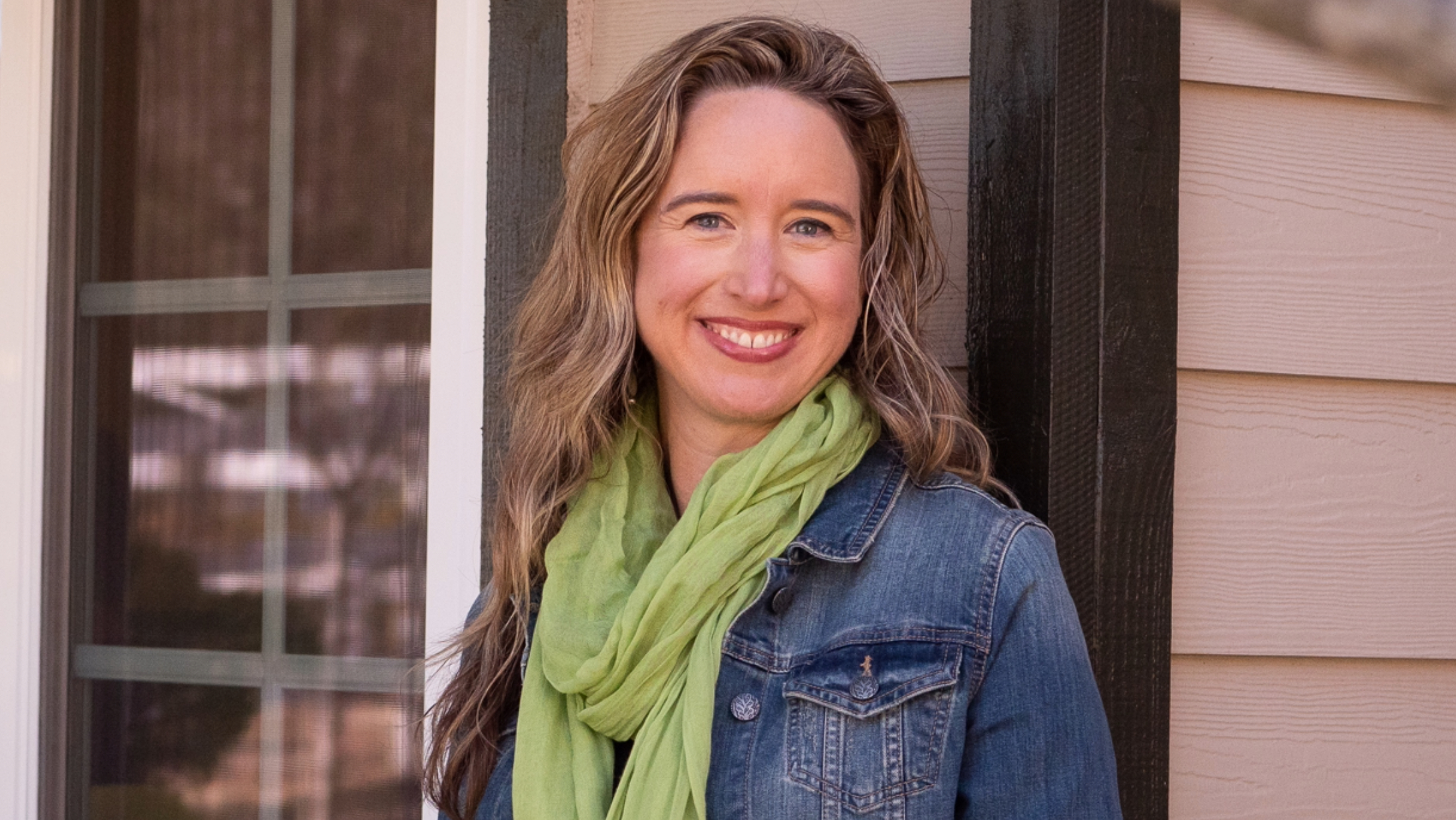
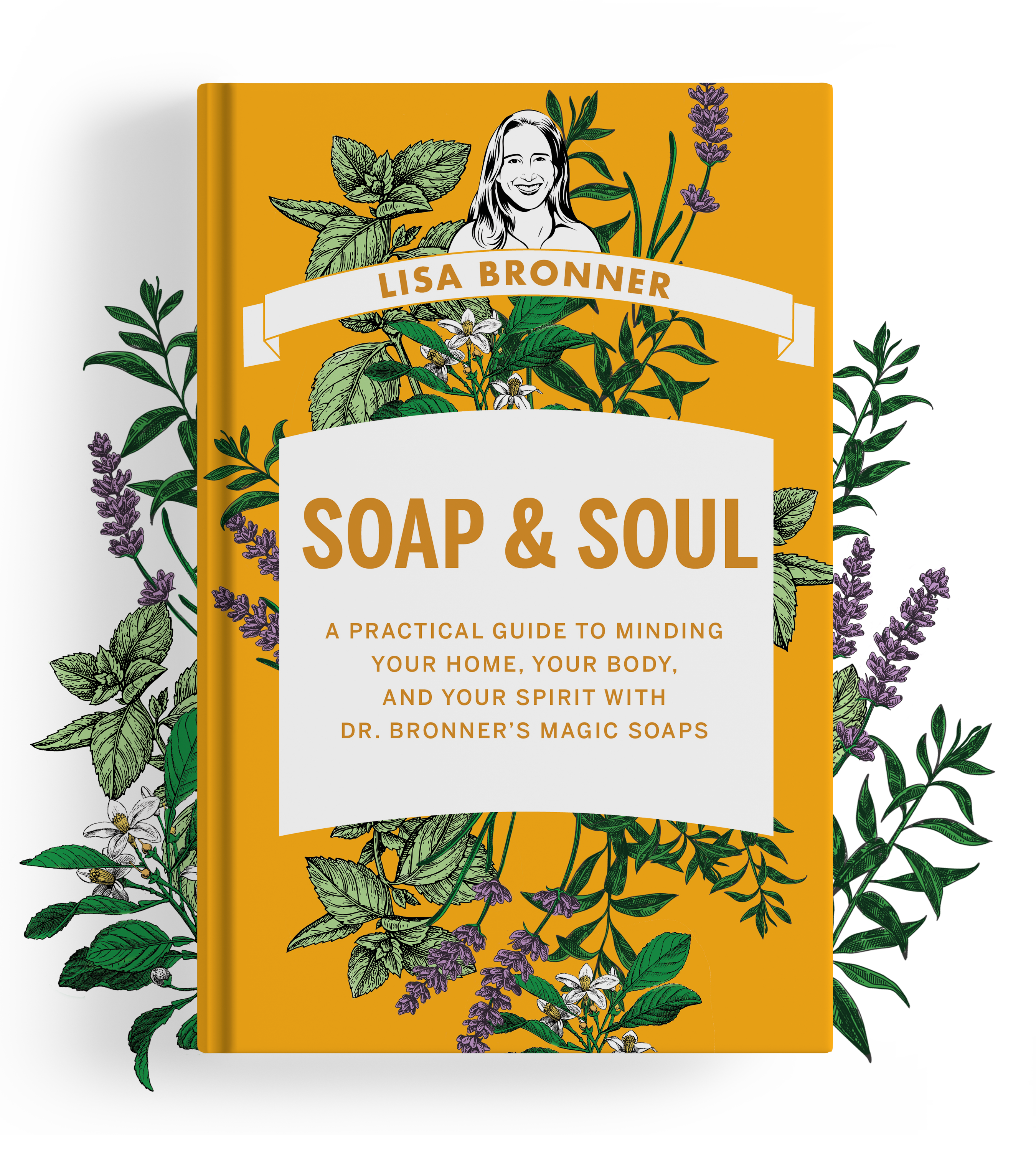
I posted on another section but didn’t see it pop up. Anyways thanks for sharing all of this great information with us!
Great links.,Thanks for sharing this 🙂
Sorry for my great delay here!
Christopher – I love your info about access to local food in NYC. I think all it takes is some creativity and willingness to jump off the food industry hamster wheel.
Michele – It’s super easy to pick up at the Dr. Bronner’s plant, which will stay in Escondido through the end of the year. We are in the process of moving the plant to a new facility in Vista, in the business park. It will still be a J&J drop off site. You’ll just have to go west instead of east.
Thanks, Jeff and Lise! Good thoughts!
All the best,
Lisa
I love the list of responses to common CSA complaints. We experienced many of these when we first signed up with one (going on three years now!) but came to many of the same conclusions you have. We adapted our behaviour, rather than expecting the food system to adapt to our whims. And your point about restaurants being a disappointment because you can cook just as well (or better) at home is so true! But it doesn’t make me sad at all, my life has been made so much better by participating in a CSA.
I live over in San Marcos (CA) and am with JR Organics, though I’m currently on hiatus. I’ve tried to get with J&J but wasn’t able to find a local enough drop off point. Now that I know they drop off at Dr B’s plant, I will see about joining! Yay!
Question, though: isn’t the plant moving? There’s a big “available” sign out front!
Great post! I live in New York City and despite what a lot of people may think we have incredible access to amazing quality meats and produce. We have CSA’s and while many people partake, I don’t for a lot of the reasons that you actually write to here, however we have butchers and produce shops that get only in season items and are open about which farms they are coming from (even locals who grow stuff on their roofs!) they get all grass fed meats and will even let you know the name of the cow you are going to enjoy (if it doesn’t depress you). A lot of diets out there speak about what to eat, but unfortunately don’t concentrate on the quality of what you eat. Not only is eating quality better for you, the environment, and animals, but it is also fun and helps the local economy.
Great stuff Lisa! Thanks for the links!